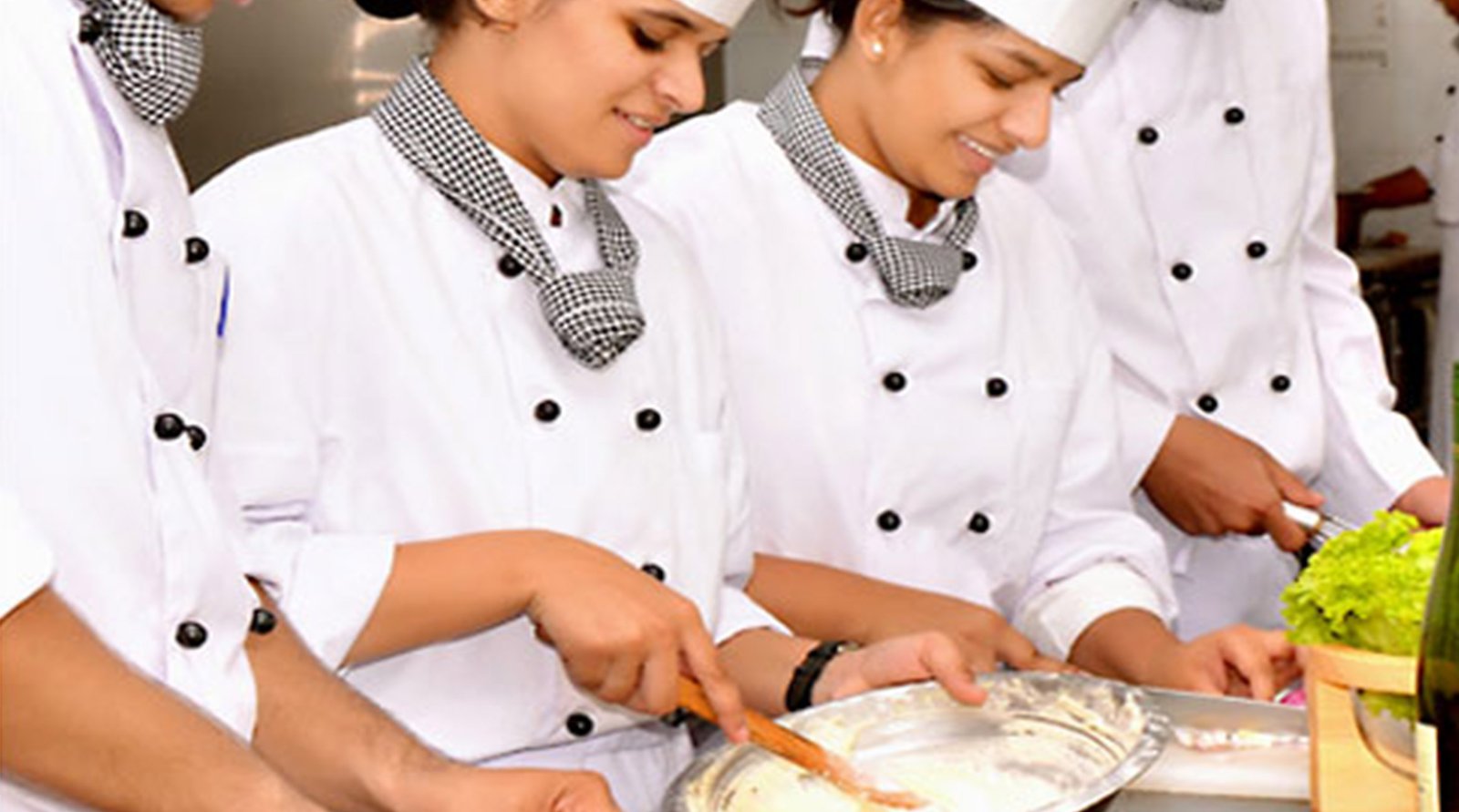In today’s digitally driven era, the hospitality industry is undergoing a seismic shift. Hotels, resorts, and service providers are turning to technology to elevate guest satisfaction, optimize operations, and offer personalized services. From AI-powered chatbots to contactless check-ins, technological innovation is reshaping what it means to provide exceptional hospitality. Students aspiring to join this dynamic industry are increasingly drawn to institutions like Hotel Management College in Udaipur that emphasize not just service skills, but also digital literacy and technological adaptability.
Personalized Guest Experiences Through Data
The key to exceeding guest expectations lies in personalization. Hospitality brands are now using data analytics to study customer preferences, travel habits, and feedback patterns. Machine learning models can forecast what a guest might need based on prior stays, thereby enabling staff to tailor services accordingly.
For example, if a repeat visitor prefers hypoallergenic pillows or late checkouts, the system records and automatically integrates these preferences into future bookings. This level of service would be nearly impossible without technology as the central enabler. Not only does it improve operational efficiency, but it also leaves a lasting impression on the guest, fostering brand loyalty.
Streamlining Operations with Automation
Behind the scenes, technology is driving significant improvements in hotel operations. Automated inventory systems manage everything from linen stock to minibar items. Staff scheduling tools optimize shift planning based on occupancy rates and workload forecasts, improving employee satisfaction while ensuring seamless service.
These systems reduce the burden of mundane administrative tasks on hotel staff, allowing them to focus on enhancing the guest experience. For students pursuing a Degree in hotel management in Udaipur, understanding these backend technologies is now just as essential as mastering front desk etiquette.
Contactless Services and Guest Safety
The COVID-19 pandemic accelerated the adoption of contactless technology in the hospitality sector. Mobile check-in and check-out, digital room keys, and app-based room service have now become standard features in many hotels. These features not only enhance convenience but also address growing concerns around health and hygiene.
Digital payment solutions also offer a secure and seamless transaction experience, adding to the customer’s peace of mind. As guest expectations evolve, the demand for frictionless and safe experiences will continue to grow—and technology is the only viable path to deliver on these expectations.
AI-Powered Customer Support
One of the most transformative changes in hospitality has been the integration of AI-powered chatbots and virtual assistants. These tools are available 24/7, offering guests instant support for common queries such as check-in times, restaurant bookings, or transportation options.
AI-driven systems can also assist in handling multilingual requests, catering to international travelers without needing dedicated human interpreters. This ensures guests always feel heard and helped, regardless of language barriers or time zones.
Sustainability Through Smart Tech
Sustainability is no longer optional; it’s a critical component of the hospitality brand ethos. Smart thermostats, automated lighting, and water conservation technologies are being used to reduce energy consumption and environmental impact. Hotels are also using analytics to monitor their carbon footprints and optimize operations accordingly.
Modern hospitality education must incorporate these sustainable practices, enabling students to understand how technology can align with environmental goals. Institutions that embed such principles within their curriculum prepare students for a future where eco-consciousness is a fundamental expectation.
Real-Time Feedback and Continuous Improvement
In the age of online reviews, feedback is immediate and public. Technology facilitates real-time feedback collection via mobile apps or digital kiosks, giving hoteliers the opportunity to address issues before they escalate.
These tools also generate detailed analytics, helping management understand common pain points and take proactive measures. It’s a continuous loop of listening, learning, and improving—an approach central to quality hospitality management.
Employee Training and Engagement
Technology is not only enhancing the guest experience but also transforming how hospitality professionals are trained. VR simulations now allow trainees to practice customer interactions in lifelike scenarios. E-learning platforms offer access to global best practices and emerging trends in real time.
This shift to digital learning ensures that graduates enter the workforce better prepared, more agile, and tech-savvy. Hospitality education providers must therefore equip their students with both traditional service skills and contemporary technological fluency.
Final Thoughts
Technology is not replacing human interaction in hospitality—it is enhancing it. By automating the mundane and personalizing the extraordinary, tech tools allow hospitality professionals to focus on what matters most: meaningful human connections. As the industry continues to evolve, the role of education will be pivotal in preparing the next generation of hospitality leaders.
Institutions like AHA Udaipur are at the forefront of this change, ensuring students not only learn the core tenets of service excellence but also embrace the digital competencies essential for the modern hospitality landscape. In a world where customer expectations are rising and competition is fierce, technology isn’t just improving the hospitality experience—it’s redefining it.




